UCAS Personal Statement
Your UCAS personal statement is the first step on your academic journey. This handy guide will help you to express yourself effectively and confidently.
Your UCAS personal statement is the first step on your academic journey. This handy guide will help you to express yourself effectively and confidently.
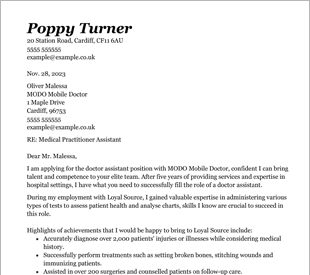
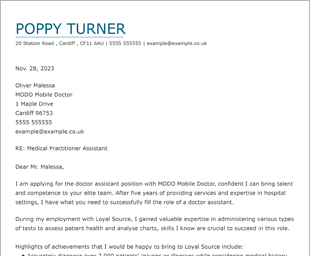
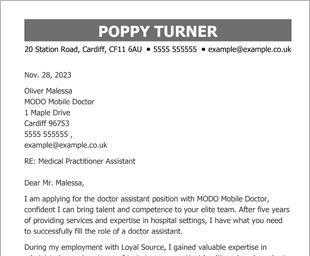
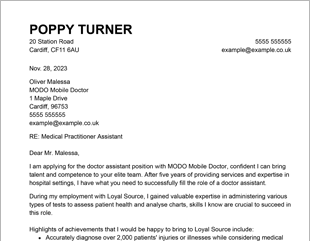
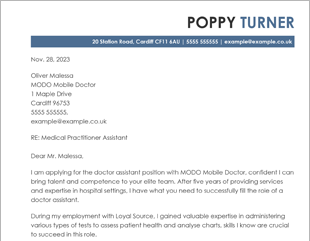
OUR USERS HAVE BEEN HIRED BY
Summarizing your skills, experiences, and goals is a skill that comes in handy in all walks of life. From job applications to elevator pitches, the ability to deliver a concise picture of who you are and what you want from an interaction is key. The personal statement required for a Universities and Colleges Admissions Service (UCAS) application is different from the average CV summary. A UCAS personal statement should be focused on your future rather than your history.
A personal statement is a concise, written introduction to your character and career goals submitted to the admissions tutors of a university or vocational college. If you choose to apply for a modern apprenticeship you may not need a personal statement, but instead, be expected to provide a CV detailing your secondary school achievements and any previous work experience.
For those looking to go on to further academic education, a personal statement is a form of a CV as well as proof of English language skills. This is your chance to back up your grades, make a compelling argument for your inclusion in a particular course, and show confidence and passion for your continuing education at higher levels.
The best universities and most lucrative courses are inundated with intelligent, qualified applicants. Personal statements are a way for students to connect with admissions tutors beyond their high school transcripts. However, they also help the admissions team to assess the practical abilities and personalities of applicants. For international students, a personal statement can also act as proof of fluency in the language in which the course is conducted.
Consider these top tips to help you write a stand-out UCAS personal statement:
Because your UCAS personal statement must be short, planning what topics you want to cover is essential to impact and functionality. You should also plan to redraft. Use brainstorming techniques, such as creating a mind map, to identify the best topics to cover. You can also consider relevant UCAS personal statement examples to inspire you.
While it can be tempting to focus on education, don’t ignore your other experiences. Include your extracurricular activities, internships and hobbies. If it is relevant to your subject area or motivation you can include it. Remember to include examples that prove your soft skills too. Communication skills, teamwork, and stress management are of increasing importance to universities.
If you want to catch an admissions tutor’s eye, be bold. You need to be your own biggest fan. Talk about your achievements, your strengths, and your skills. Paint yourself as the ideal student for the course and be enthusiastic about the university. If you went to an open day, talk about what you liked about it.
Your UCAS personal statement is about you, so open up. Talk about the things that motivate you personally. You can discuss your personal life to a certain extent if you think it will be helpful. The personal touch can be helpful if you want to go into a caring profession like medicine.
Above all, make sure your UCAS personal statement is unique to you! A good personal statement avoids clichés and showcases the transferable skills that will be useful in higher education.
Generally speaking, a UCAS personal statement should be around 350 to 500 words long, but certainly no more than a single page.
How you start your UCAS personal statement is up to you, but your opening sentence should be bold. Lead with a reason why you want to study, what makes you suitable, or even with a relevant story from your gap year or summer school.
As long as it is relevant to your field of study and can be used to show your suitability, you can start your personal statement in any way you like.
If your university application has been rejected or you had to drop out for personal reasons, it is not advisable to reuse your personal statement.
Tailor your UCAS personal statement to suit not only the degree course but the institution you are applying to. Admissions tutors will look for this unique touch.
We personalize your experience.
We use cookies in our website to ensure we give you the best experience, get to know our users and deliver better marketing. For this purpose, we may share the information collected with third parties. By clicking “Allow cookies” you give us your consent to use all cookies. If you prefer to manage your cookies click on the “Manage cookies” link below.